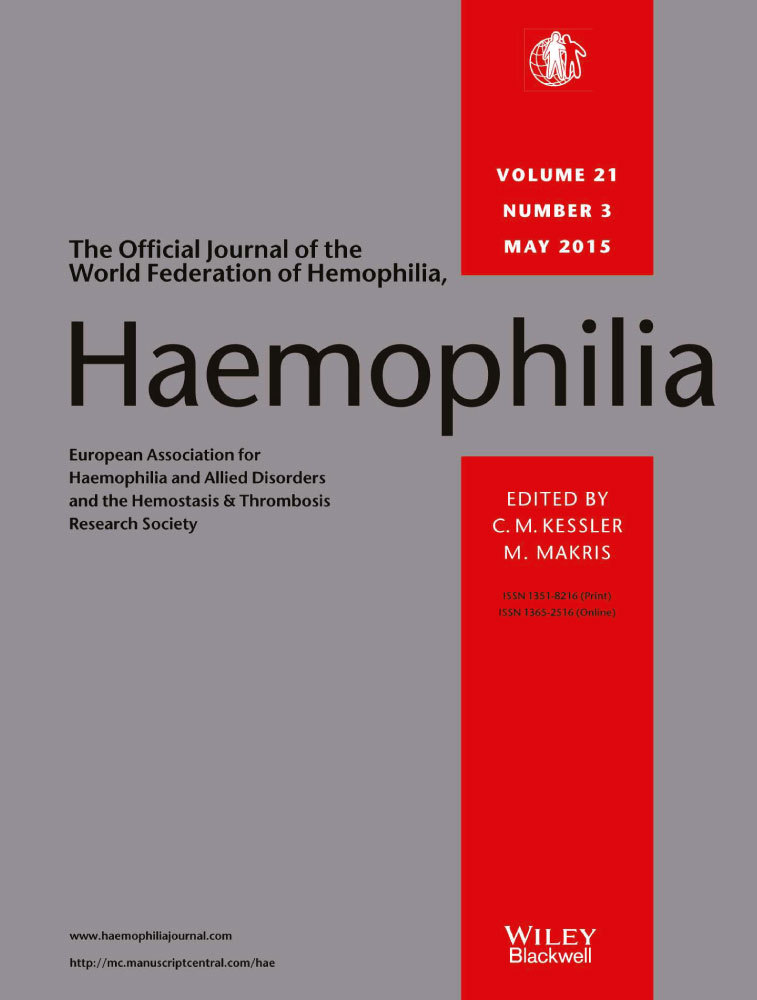International cross-cultural validation study of the Canadian Haemophilia Outcomes: Kids’ Life Assessment Tool
Summary
Health-related quality of life (HRQoL) assessment is recognized as an important outcome in the evaluation of different therapeutic regimens for persons with haemophilia. The Canadian Haemophilia Outcomes–Kids’ Life Assessment Tool (CHO-KLAT) is a disease-specific measure of HRQoL for 4 to 18-year-old boys with haemophilia. The purpose of this study was to extend this disease-specific, child-centric, outcome measure for use in international clinical trials.
We adapted the North American English CHO-KLAT version for use in five countries: France, Germany, the Netherlands, Spain and the United Kingdom (UK). The process included four stages: (i) translation; (ii) cognitive debriefing; (iii) validity assessment relative to the PedsQL (generic) and the Haemo-QoL (disease-specific) and (iv) assessment of inter and intra-rater reliability. Cognitive debriefing was performed in 57 boys (mean age 11.4 years), validation was performed in 144 boys (mean age 11.0 years) and reliability was assessed for a subgroup of 64 boys (mean age 12.0 years). Parents also participated. The mean scores reported by the boys were high: CHO-KLAT 77.0 (SD = 11.2); PedsQL 83.8 (SD = 11.9) and Haemo-QoL 79.6 (SD = 11.5). Correlations between the CHO-KLAT and PedsQL ranged from 0.63 in Germany to 0.39 in the Netherlands and Spain. Test–retest reliability (concordance) for child self-report was 0.67. Child–parent concordance was slightly lower at 0.57. The CHO-KLAT has been fully culturally adapted and validated for use in five different languages and cultures (in England, the Netherlands, France, Germany and Spain) where treatment is readily available either on demand or as prophylaxis.




